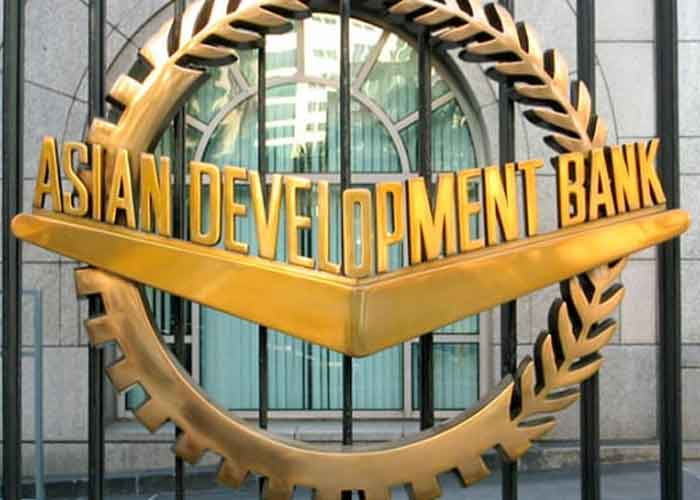
The Asian Development Bank (ADB) has commended India for implementing policies that reduce fossil fuel subsidies, particularly for petroleum products, while also imposing a coal cess. These moves aim to free up fiscal resources to enhance support for renewable energy, electric vehicles, and electricity infrastructure improvements.
According to the ADB’s Asia-Pacific Climate Report, India has successfully lowered its fiscal subsidy in the oil and gas sector by 85%, decreasing it from a staggering USD 25 billion in 2013 to USD 3.5 billion in 2023. This was achieved through a strategic balance of key policy tools, including retail pricing, tax rates, and selective subsidies.
The report highlights that additional tax revenue gained from raising excise duties on petrol and diesel between 2014 and 2017—during a phase of low global crude oil prices—was redirected to improve accessibility and targeted subsidies for expanding liquefied petroleum gas (LPG) usage among rural communities.
From 2010 to 2017, the Indian government imposed a cess on coal production and imports, with approximately 30% of the collected funds allocated to a national clean energy and environment fund. This fund facilitated clean energy projects and research, significantly boosting the budget of the Ministry of New and Renewable Energy during this period. It also provided essential financing for initiatives like the Green Energy Corridor scheme and the National Solar Mission, which helped reduce costs for utility-scale solar energy and support numerous off-grid renewable solutions.
As a result of these subsidy reforms and taxation strategies, India’s fossil fuel subsidies saw a considerable decrease from 2014 to 2018. While renewable energy subsidies peaked in 2017 and are now on the rise again—focusing on solar parks, state-owned enterprises, and distributed renewable energy—there has been an increase in LPG subsidies. The report suggests that efforts may be necessary to better target these subsidies and promote alternatives to fossil fuel-based cooking.
